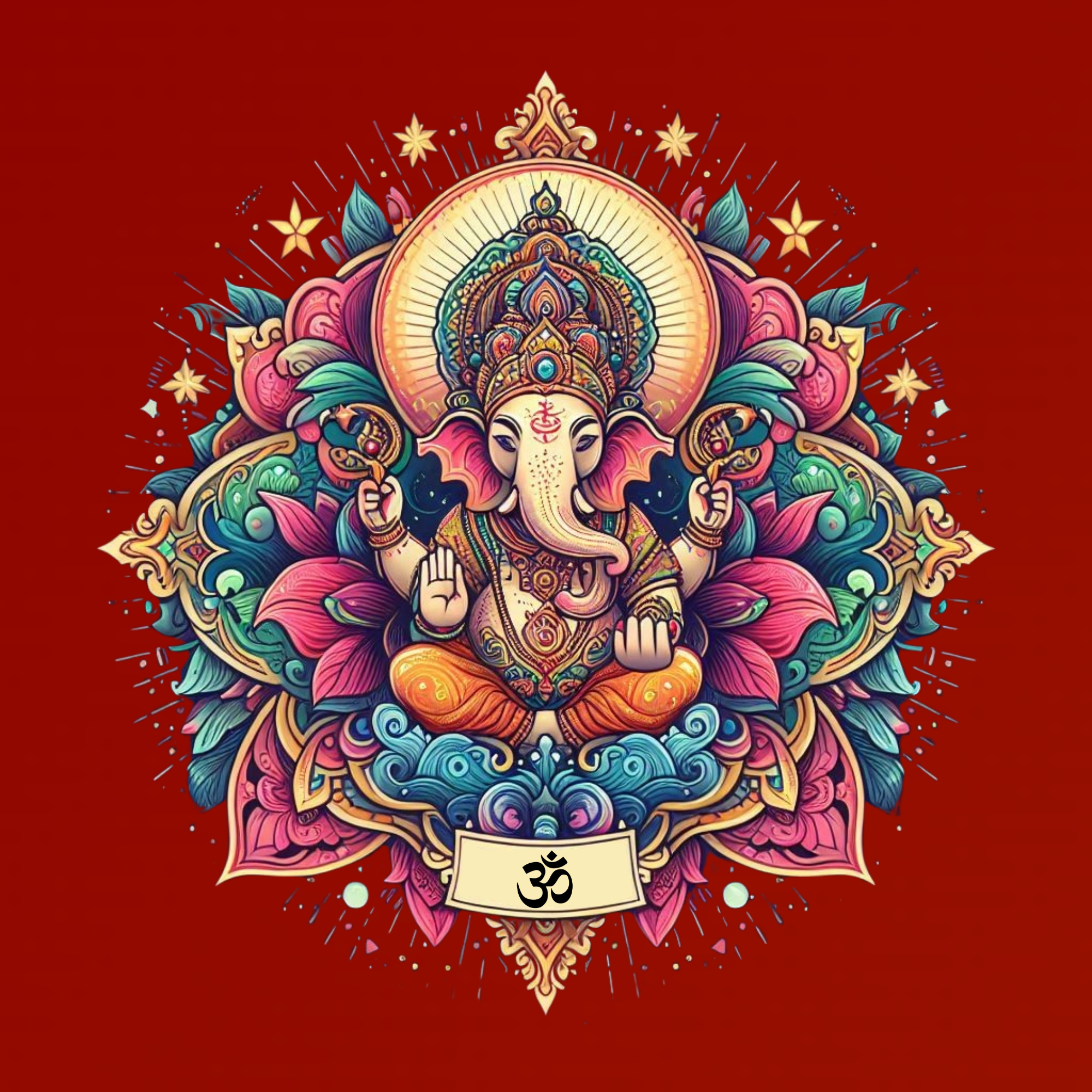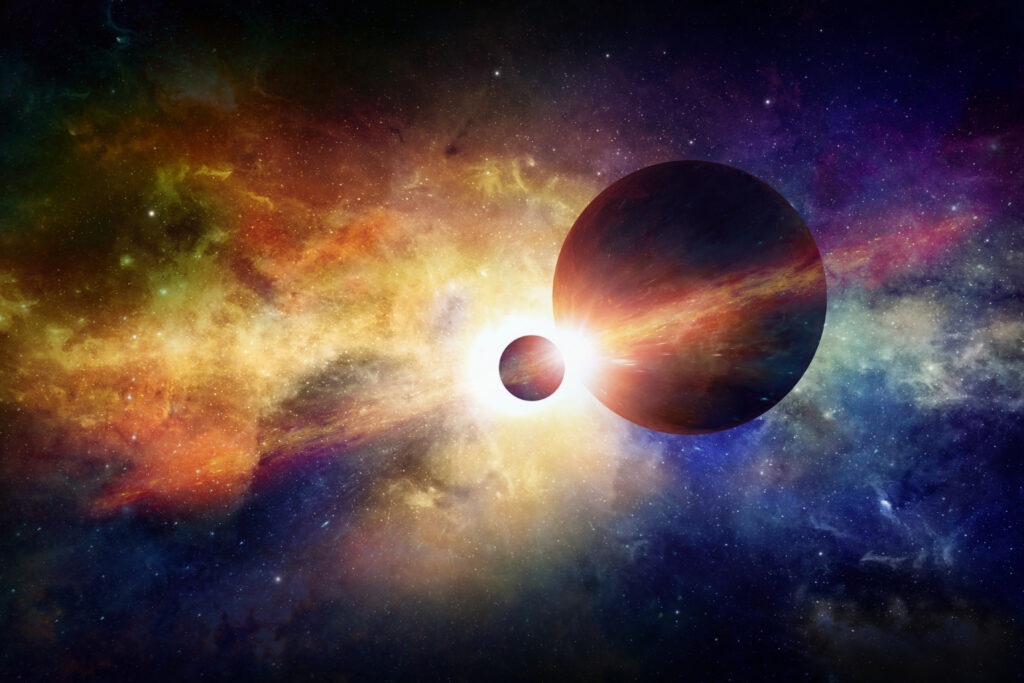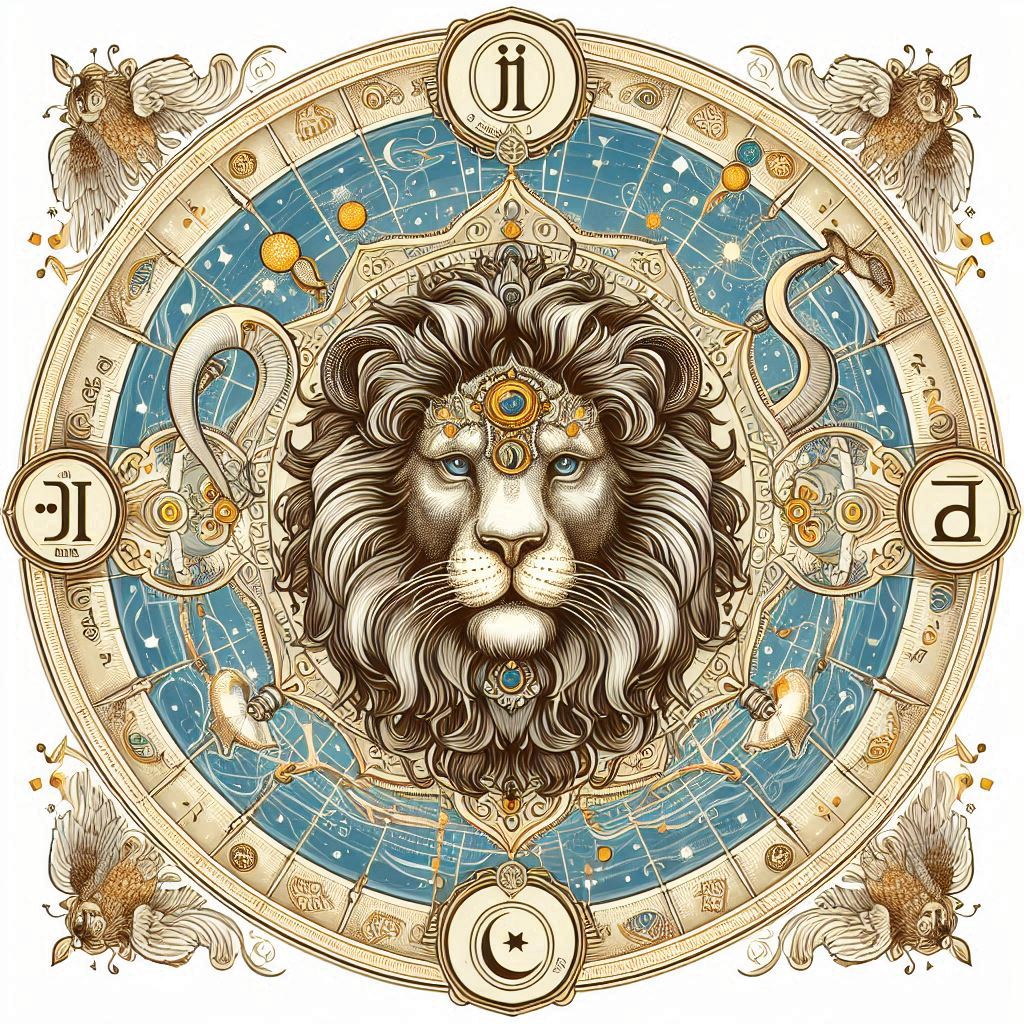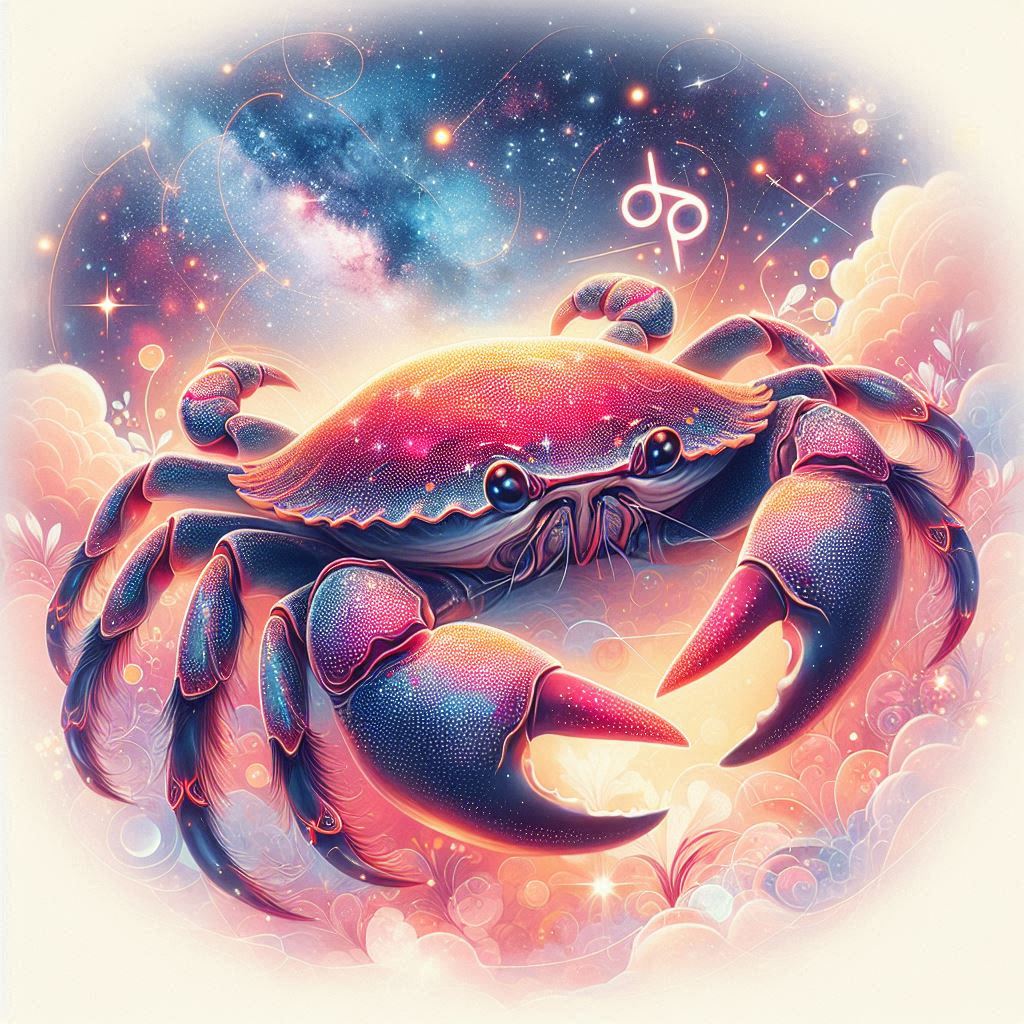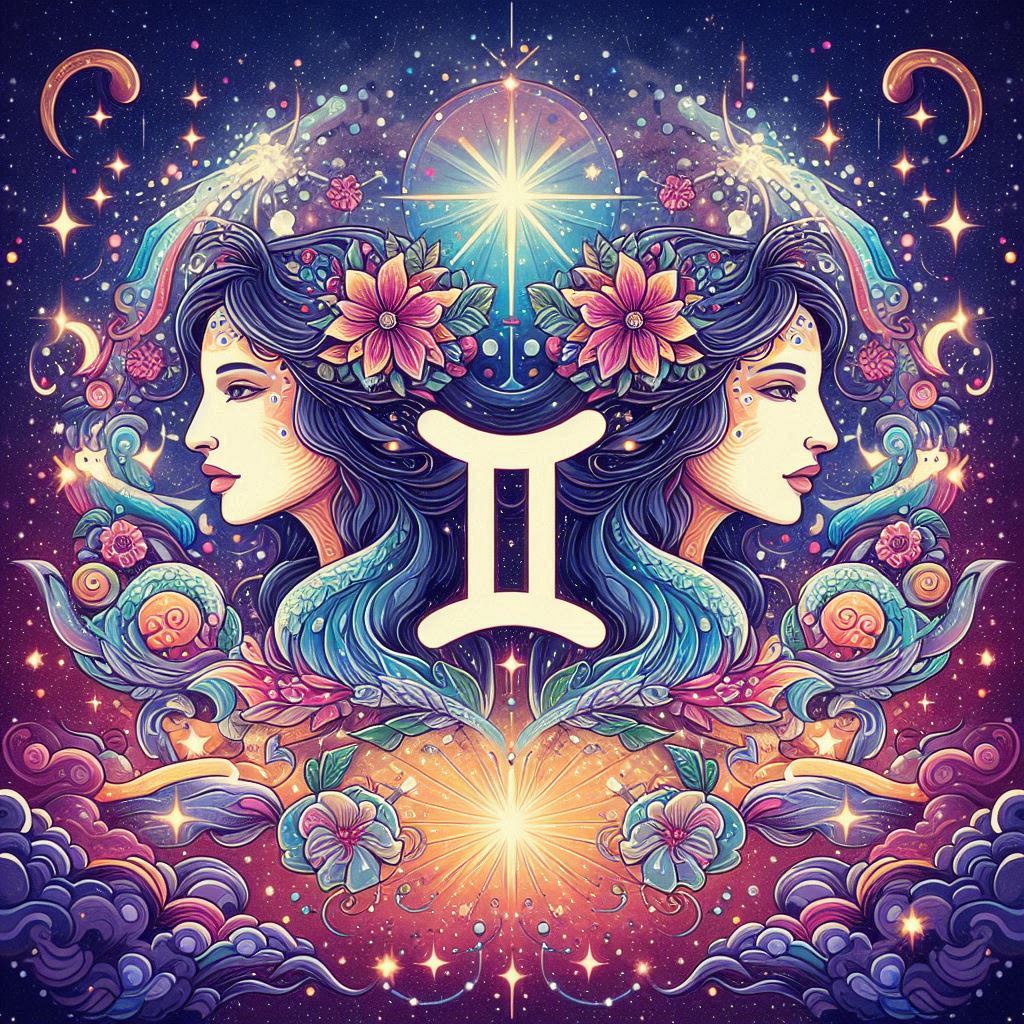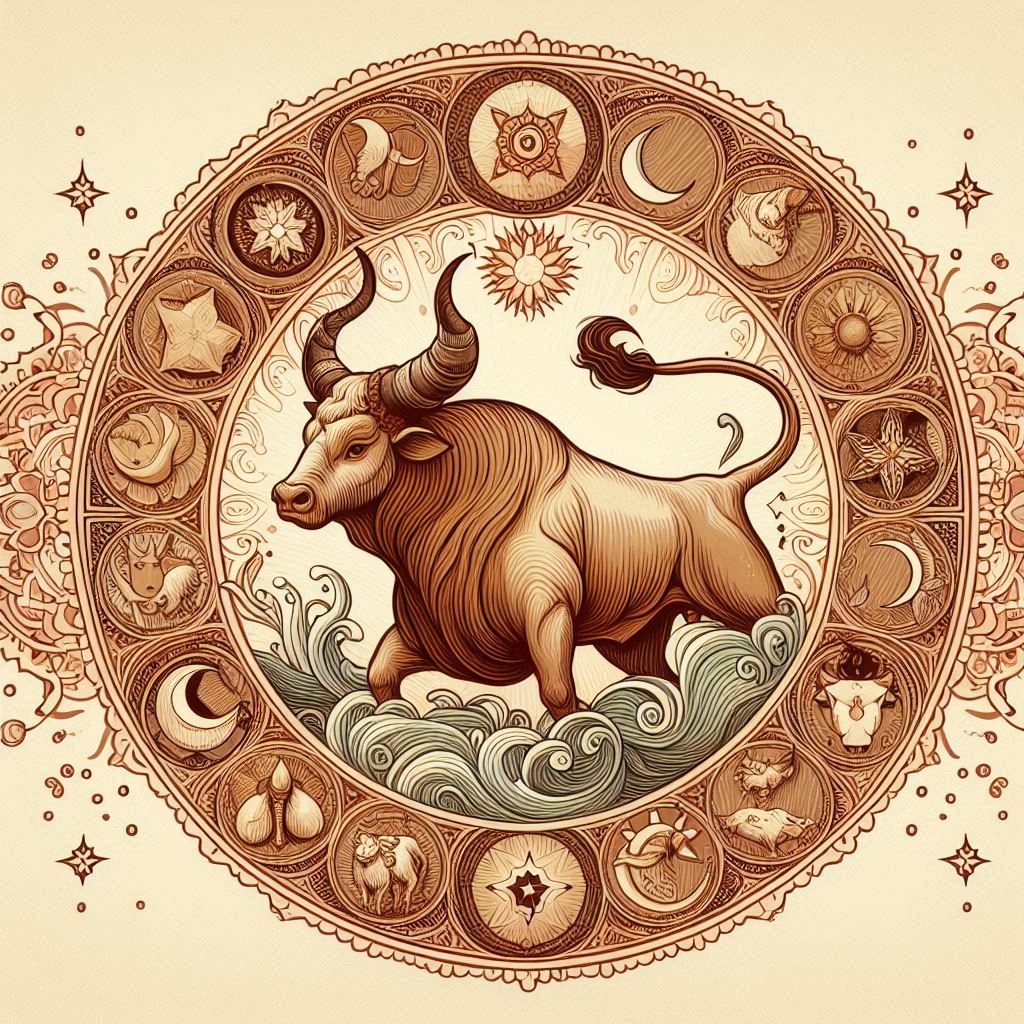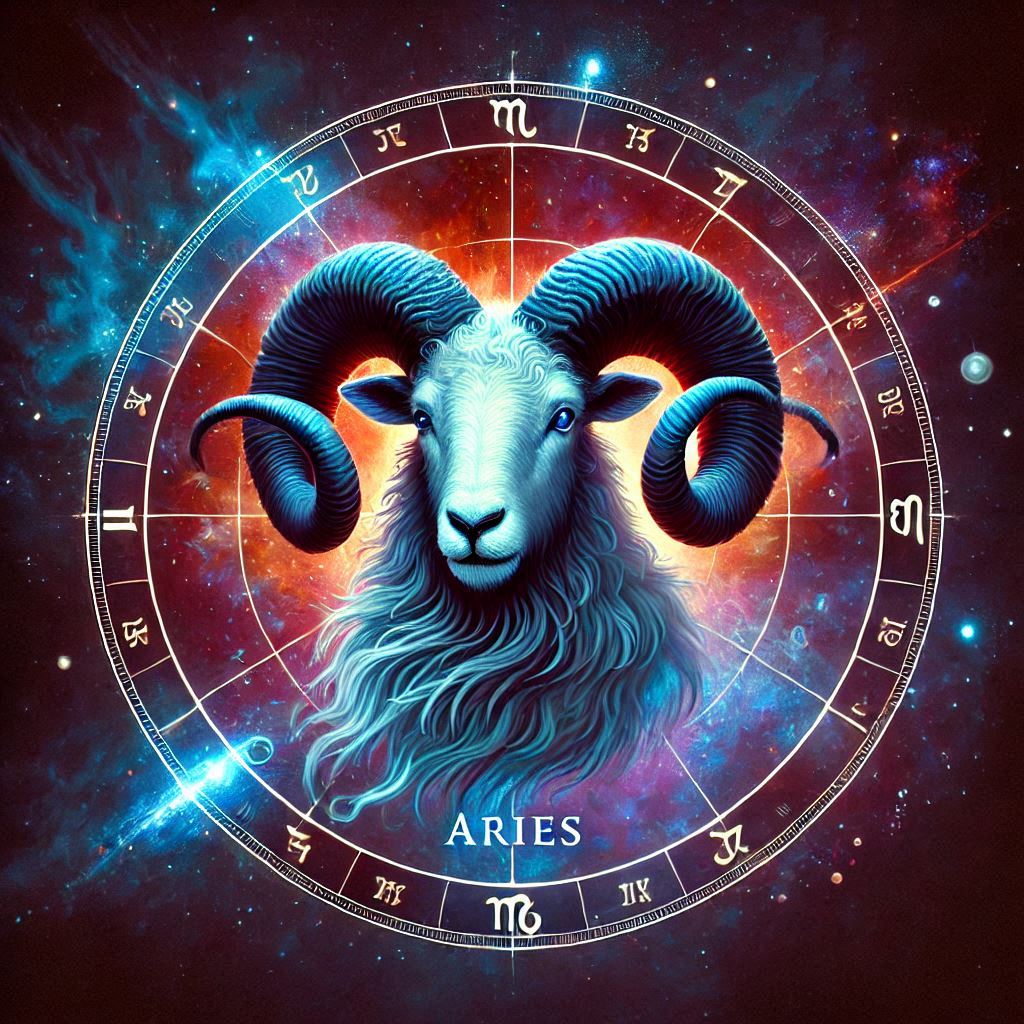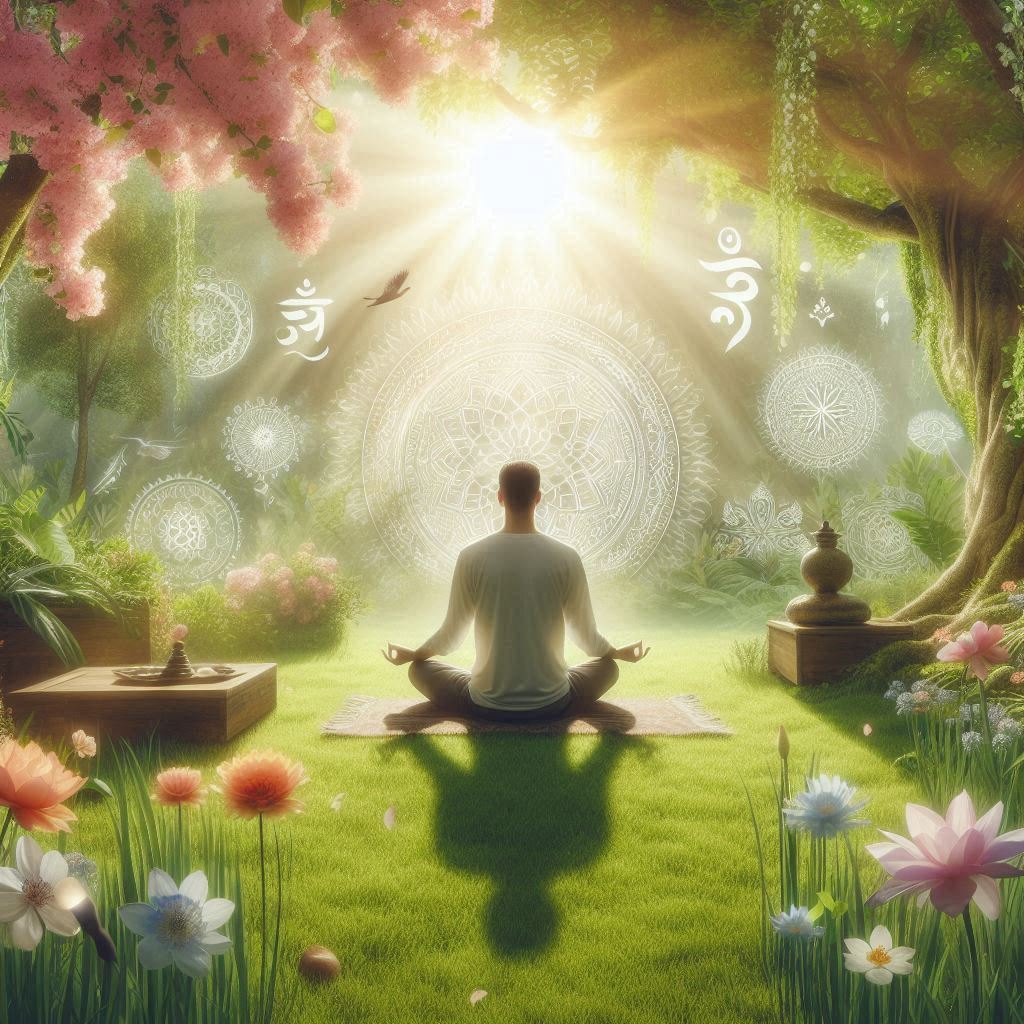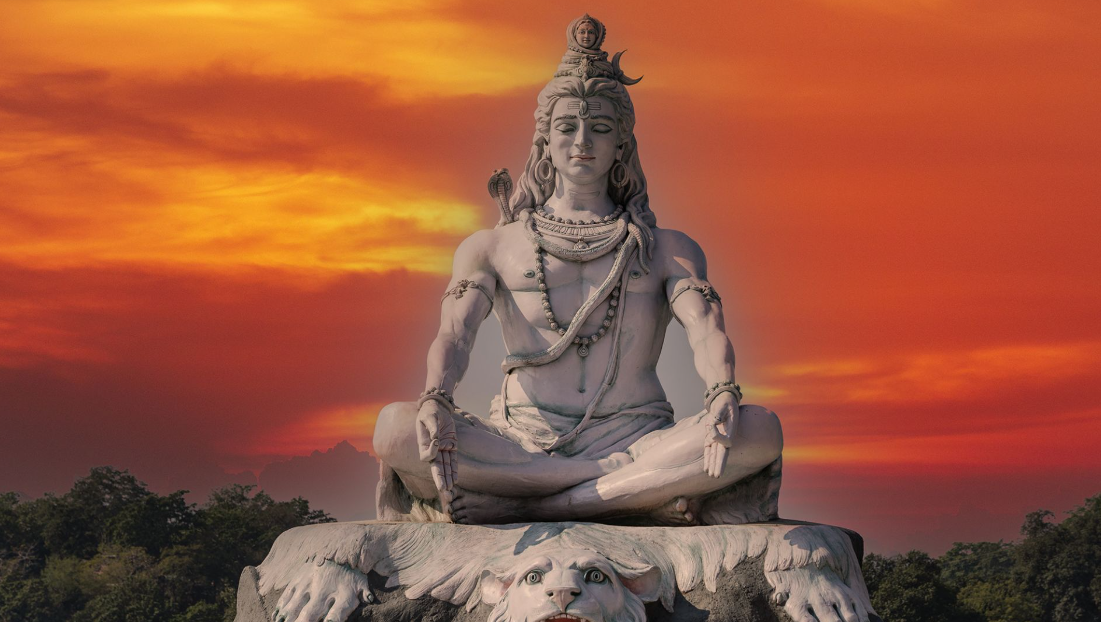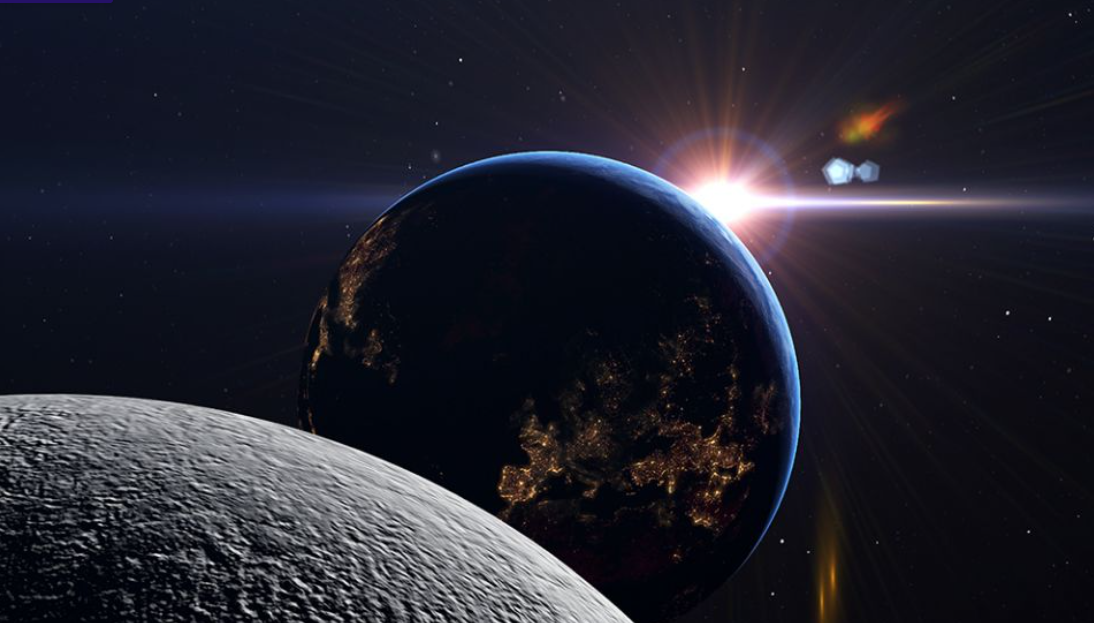Jyotish” is a Sanskrit term that literally means “Science of Light.” It’s considered the “eye of the Vedas,” the 6th branch of Vedanga.
The Vedas are ancient sacred texts of India, forming the foundation of Yoga, Ayurveda, and Jyotish. The science of Jyotish is believed to date back 4,000 to 6,000 years, delivered by the Rishis, the sages of that time. A key text in Jyotish is the Brihat Parashara Hora (BPH) by MahaRishi Parashara, which provides the basis of Vedic Astrology and contains over 2,000 sutras.
Jyotish also draws on the theoretical framework of Samkhya, the most fundamental Indian philosophical system, featuring the principles of Purusha (pure consciousness) and Prakriti (matter and experience). Parashara mentions in the BPH that creation derives from Pure Consciousness (Vishnu) and Pure Matter (Lakshmi), and explains that the nine incarnations of Vishnu correspond to the nine planets (grahas) used in Vedic Astrology.
The Sanskrit term Graha means “that which seizes” and refers to planets, which influence us with their energy, guiding us through our karma in this life. Thus, planets are manifestations of pure consciousness, indicating the karma in our natal chart that we must experience and transcend during our existence.
Through the study of the natal chart and other unique systems, Jyotish helps identify our Dharma (true nature and legitimate purpose in life) and our Karma. This perspective is not fatalistic but aims to understand our incarnation and the challenges we must face, preparing us to live a fulfilling and meaningful life in harmony with our dharma and karma.
Vedic Astrology can benefit us in essential aspects of life: understanding our natal chart and life purpose, assisting with health issues (medical astrology), and supporting spiritual growth (spiritual astrology). It helps us manage our lives at these various levels by understanding our incarnation and the influence of planets, and identifying favorable or challenging times, while also suggesting solutions to harmonize with planetary energy.
It also aligns with the four objectives of life: Kama (desire, pleasure, need for emotional and sensory happiness), Artha (pursuit of prosperity and material success), Dharma (living according to our values), and Moksha (spiritual liberation or transformation). The study of our Jyotish chart helps us understand our incarnation and challenges related to these life goals, guiding us toward Moksha, the ultimate aim of existence. All four aspects are equally important in Vedic Astrology, and it’s seen as problematic to become “obsessed” with one goal to the detriment of others.
Jyotish provides insights on how to navigate life more harmoniously, offering solutions and guiding us to more effectively use the tools of Yoga and Ayurveda, which are closely linked with Jyotish.
Jyotish is essentially lunar-based astrology, focusing on the Moon (Chandra) and lunar constellations (Nakshatras), which are considered the most influential. This is a significant difference from classical or Western astrology, which is primarily solar and based on the interpretation of signs.
Another key distinction is that Jyotish is based on the exact positions of planets and stars in the sky, as observed by ancient sages, making it “sidereal” rather than “tropical” like Western astrology. This results in a shift in signs and houses in a natal chart over time due to the increasing divergence between the reference points of the sky in Jyotish and Western astrology.
In terms of predictions, Vedic Astrology has complex, unique systems for studying planetary positions and transits, assessing their impact on us throughout our lives, and anticipating periods of success or difficulty.
Additionally, Jyotish heavily incorporates Indian (Vedic) mythology, whereas Western astrology often draws from Greek mythology. In Jyotish, understanding Vedic deities and their mythology helps comprehend their archetypal influences, which are interconnected with planets, signs, houses, and lunar constellations, ultimately influencing our lives from the moment of incarnation.
Therefore, Jyotish is a true science, deeply rooted in millennia-old traditions. It helps us understand the world we live in, the forces governing it, and how to harmonize with the universe. Additionally, Jyotish provides concrete remedies to influence our dharmic and karmic destiny for a life filled with deeper happiness and spiritual fulfillment.
